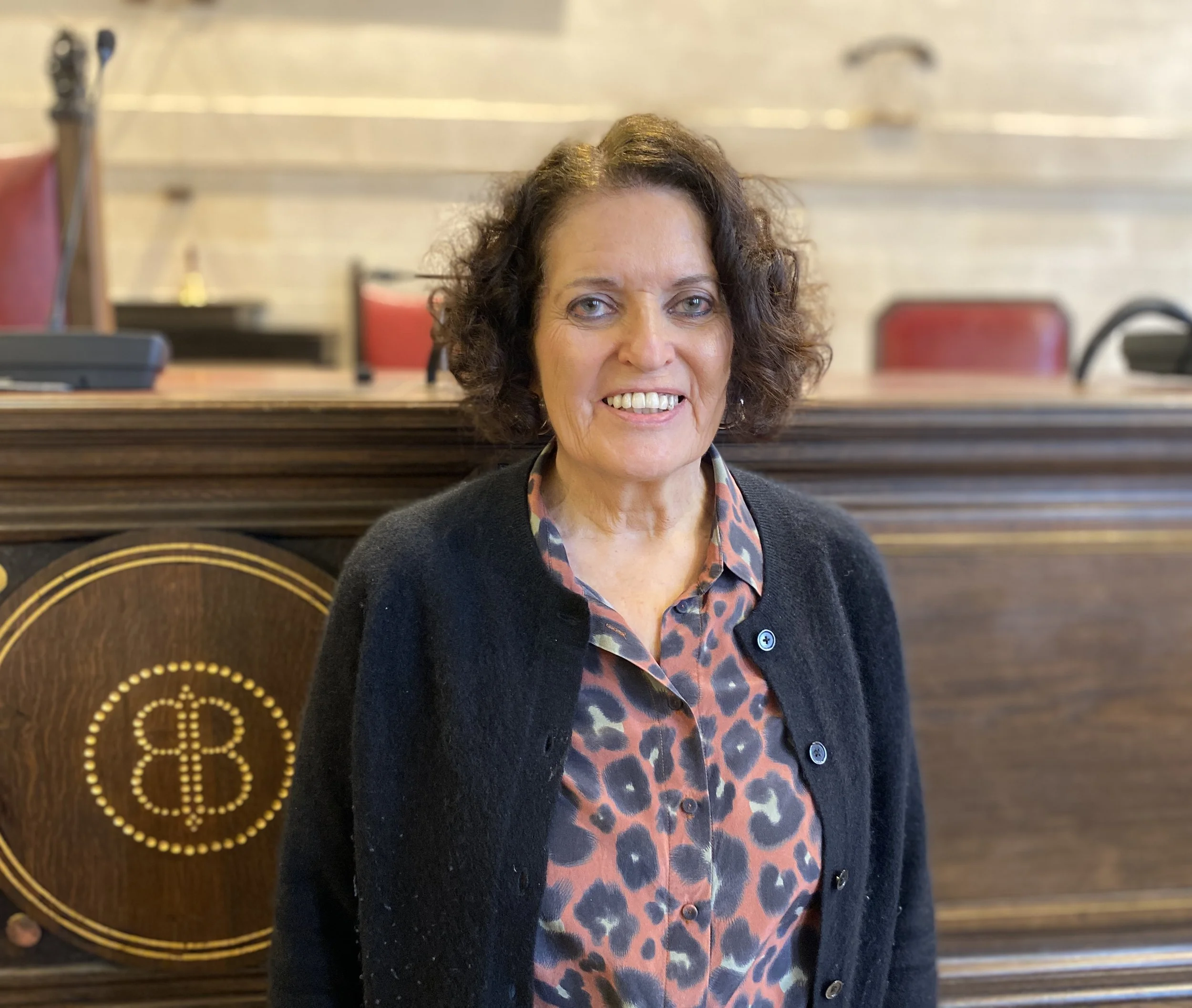A Women’s Commission for the West of England - setting the scene
In her first blog for us, West of England Women’s Commission Founder and Chair Penny Gane explains how we got here, what the commission is - and what it is not…
As we celebrate the formation of this new women’s commission, it presents us with a significant opportunity to advance women’s equality throughout the West of England.
It will work by bringing together committed women from key organisations across the region and - it will be through these organisations - that it will exert influence, advocacy and ultimately bring about change.
Local work, national relevance
The commission is not in itself a delivery agency, or service provider, and we don’t work directly with women in communities - but our work must be informed by those women.
The scope of the task is formidable. Many of the issues already raised by commissioners will also need tackling at the national level. But here, as a West of England Commission, we have the means to influence the national picture, and we stand the best chance of finding practical and impactful solutions by actively working together.
We can’t do everything, and we can’t do all that we want to do immediately, but we have the potential through all of our commissioners to make significant change. So, we should be ambitious about what we can achieve.
Lessons from the past
The West of England Women’s Commission is an entirely new body, new for the combined authority and new for the three authorities of Bristol, South Gloucestershire and Bath and North East Somerset.
We can learn lots from the experience of the former Bristol Women’s Commission which was set up in 2013 and ran until 2024. That body worked in a number of ways: sometimes through groups of commissioners working together as with the highly successful women’s representation task group and the transport task group in the early years or more recently through a number of broader Task Forces working with partner organisations, stakeholders, experts, businesses and charities.
What we’ll cover
For example, we have a new Task Force for Higher and Further Education. Six out of seven universities and colleges have already signed up to this group. The group has met once and already articulated a number of pressing issues affecting women and girls in those sectors.
Regarding a different area, I know that there is enthusiasm to restart and revitalise the Women’s Safety Task force. After conversations with Clare Moody our Police Crime Commissioner, I think this would be welcomed. We need to make sure we have a real purpose, that we can add value and not duplicate what already exists.
Another example would be the growing prevalence of sexual harassment and violence in the lives of children and young people. As many of you will know, the Everyone Invited Website recently published a list of 1,664 primary schools that have been cited on its website as schools where sexual harassment/violence has taken place. Some of the children were as young as five. It makes very worrying reading.
There are clearly a number of issues at stake here. Children are exposed to violent pornography at a young age, there is a resurgence of misogyny in society, amplified by influencers on social media. This isn’t an easy one to crack and needs tackling by a number of agencies at every level.
National government has a key role to play, as do Local Authorities, academy trusts, police, schools, parents etc. Sexual harassment continues into colleges and universities. It will need a really joined up effort as well as in-depth research so that effort is not wasted.
How we work with the combined authority
While linked to the West of England Mayor, and West of England Mayoral Combined Authority, the West of England Commission is its own entity. Unafraid to be a critical friend when needed, but favouring collaborative working with the regional authority that helped fund its set up.
As an independent body, of whatever form, we can work with the authority in two ways. Firstly, we can align our work to the priorities of West of England Mayoral Combined Authority’s remit. It includes for example, transport, sustainability and housing. In contrast, where we focus on cross cutting issues which are not directly within the regional authority’s remit we can add value by bringing a broader perspective to bear on their work.
For example, the Combined Authority doesn’t have a specific health remit like some other combined authorities do; and some of the Women’s safety remit falls mostly to Avon & Somerset Police as well as the constituent local authorities. However, both are major determinants of wellbeing and a flourishing society and run through all the work of the combined authority.
There are more obvious connections such as thriving businesses where women should be represented at senior executive level and board level, where flexible working is encouraged, where the gender pay gap is eliminated overt time. We need a caring economy where all care is valued, and childcare is a given. Everyone benefits. And we currently have Task Forces leading the way on both of those. Women are the majority of bus users. We need to ensure that public transport is accessible to women and that women are safe using public transport.
Uniting leaders for meaningful action
Together we can bring about change. I recalled recently when talking with Local authorities how we had met with homeless charities at Christmas and by the end of the meeting First Bus had donated two double decker buses for homeless women and men. And the services they needed came to them. It just took some joined up thinking.
What I really want to emphasise is that we are not a talking shop. We will invite inspirational speakers, but only if meaningful action follows. Our work needs to be solutions-focussed and impactful. So let’s get started.

